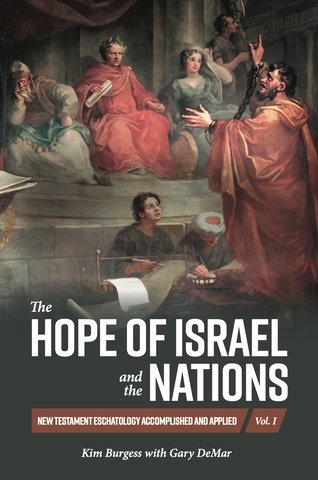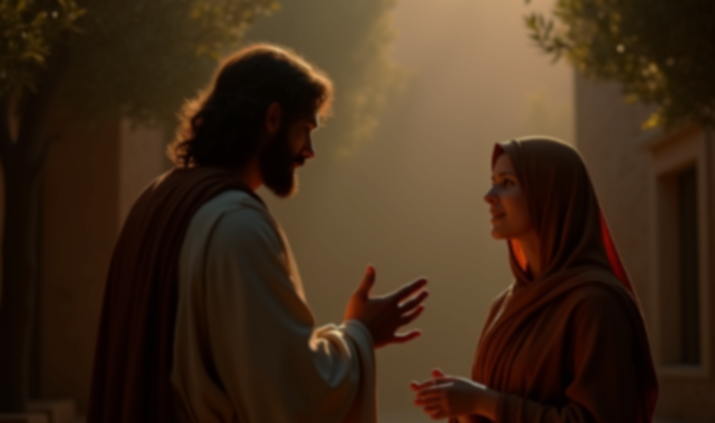Gary begins a series of podcasts on 1 Corinthians 15 with Kim Burgess.
The New Covenant order could not and would not be fully in place, established and ready to go, unless and until the prior Old Covenant order was fully removed, historically and visibly. This means that, vastly important as all these events surely were, it took more than the cross, the resurrection, the ascension of Christ, and Pentecost to accomplish this covenantal transition. It also took the necessary historical and visible redemptive events of AD 70 where the Old Covenant order, with the destruction of the Old Covenant or Mosaic temple, ceased to exist and function in history.
The key point here, then, is that until the Old Covenant order is removed, the consummated covenantal entrance into what Apollos called the “eternal redemption” (9:12) or the “cleansing of the conscience” (9:14), or the “eternal inheritance” (9:15) was not going to be established (see Hebrews 9:11–15).
This eschatological event that occurred in AD 70 is what they were waiting for in that Apostolic generation, the historical consummation of the New Covenant order in Christ before that generation wholly passed away (Matt. 24:34; Mark 13:30; Luke 21:32). As Hebrews and the Pauline epistles were all being written, they were living after the cross, death, burial, resurrection, and the ascension of Christ and Pentecost (AD 30). That was all behind them now. The redemptive-historical eschatological process in Israel had already begun, but the key point is that it was not yet completed. The New Covenant order was still in the process of coming into existence, but it could only be fully established once the Old Covenant order had been historically and visibly removed; that old order, as represented by the first or the outer tent, the holy place, which was but “a symbol for the [then] present time” (Heb. 9:9). Accordingly, per the operation of this old order, both gifts and sacrifices were being offered which could not “make the worshiper perfect in conscience” (9:9). This is precisely where the matter of audience relevance comes in here. Apollos was talking about his present time; the day when he wrote, not ours. The Greek word here is kairos, which means a specially ordained time, a God-appointed time. It is not the word chronos or clock time here; it is kairos time that was soon to come to an end as whole Old Covenant order was done away with and passed from existence in history.

The Hope of Israel and the Nations
The Hope of Israel and the Nations deals with the text of Scripture, letting the Bible interpret itself. Kim Burgess has spent more than 40 years studying this topic. The newness of the material in the New Testament takes all the promises found in the Old Testament regarding Israel and shows their New Covenant fulfillment and application. Some of it has been developed in bits and pieces. This is the first time that all the pieces have been put together into a coherent whole.
Buy NowGary begins a series of podcasts on 1 Corinthians 15 with Kim Burgess. In this first one, the two survey the interpretative “land” and with a quick history about how Christians have viewed this chapter and how it relates to eschatology and our future state in a “spiritual body.” Kim then gives a quick overview of what he believes Paul is saying.

